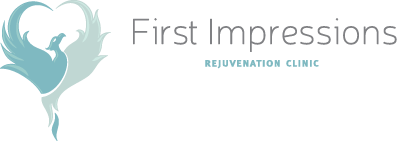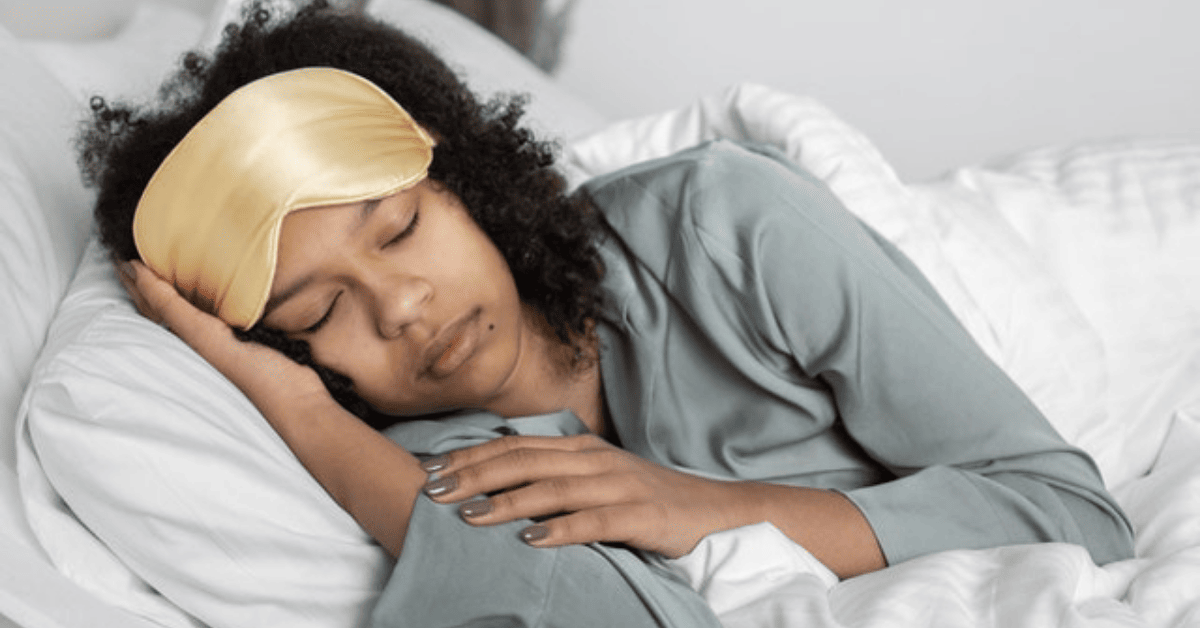Experts call it “beauty rest” for a reason. We all know sleep can impact different facets of our physical and emotional health. From mental stamina to our body’s nutritional cravings, we all know sleep can impact many facets of our physical and emotional health. But what about sleep and skin health? Is there a correlation?
The short answer: Absolutely! Picture this: for the past three nights you have clocked in less sleep than your benchmark of 7-8 hours. When you head out the door to work or to meet with friends, you are met with the dreaded, “You look tired,” comment. You smile faintly and nod, acknowledging the observation. You sure feel tired. Beyond dark circles under your eyes and a less-than-luminous complexion, let’s take a look at the ways sleep affects skin health.
Our Bodies Repair Themselves When We Sleep
As we sleep, our bodies take that rest time to repair themselves on a molecular level. Our skin, brain, and muscles are included. This regeneration creates brand new fresh skin cells, preparing the way for old cells to shed. When you suffer from a lack of sleep, cellular repair slows down. This can make your skin susceptible to bacteria or delay wound healing.
We want our skin to be healthy and strong. As our largest organ, our skin protects us from harmful pathogens and from excessive water loss, even when we sleep. This is why sleep is so important to your health.
Collagen Production Increases
Does sleep affect skin? Yes, directly! As part of cell regeneration, our bodies produce the protein collagen throughout the day. This production increases as we sleep, thanks to the release of certain growth hormones. Collagen not only lubricates our joints, but also is responsible for smooth, supple, and firm skin. Collagen is credited with maintaining a youthful appearance. Proper collagen production can slow down premature aging and the appearance of fine lines and wrinkles.
Sleep also helps your skin produce protective cytokines, which guard your skin from damage from things like free radicals.
Less Sleep Can Cause More Breakouts
A sleep deficiency may also contribute to the development of acne. This is due to a rise in cortisol, our body’s stress hormone. Our cells have receptors that absorb cortisol but raised levels of this hormone directly impact our skin.
Too much cortisol forces the skin to produce excess sebum, triggering inflammation. Topically, this inflammation manifests as acne, redness, itching, or other chronic skin conditions. Sleep also releases the hormone melatonin throughout our body. This hormone protects the skin against environmental stressors like oxidative damage or the sun’s harmful UV rays.
Sleep and Skin Hydration Go Hand in Hand
It is no secret that hydration is essential for healthy, glowing skin. As we sleep, our body’s hydration levels change. Studies have found less sleep equals more dehydration. Your skin requires moisture. Any imbalance can lead to dull, itchy, or flaky skin as well as fine lines and wrinkles.
Speaking of moisturizers, turns out that when you get adequate sleep your evening skincare products are more effective as the body absorbs the nutrients! So don’t skimp on your nighttime skincare routine.
Sleep Deprivation Means Puffy Eyes
The dreaded “you look tired” observation is usually due to having dark circles and puffy “bags” under your eyes. That puffiness is caused by fluid retention in the soft tissues around your eyes. Eye circles are common in the morning, and puffy eyes are common after a salty meal.
Dark circles under the eyes may be linked to genetics. The veins that rest beneath the eyes are usually quite visible on individuals with pale skin. However, a lack of sleep can make those circles even worse and cause the pooling of blood in under-eye vessels. Blood vessels dilate from lack of sleep.
Sleep Impacts Mood
Oddly enough, a lack of sleep can cause the corners of your mouth to droop and sag. It may cause you to furrow your brow more often. It can be hard to maintain an optimistic feeling when you’re battling fatigue. Just know that you are probably wearing whatever you are feeling on your face. This can lead others to draw conclusions from your tired facial cues.
When you are well-rested, you tend to feel happier, healthier, and more optimistic. You can focus on your daily tasks, and your smile more often. Proper rest contributes to a radiant and bright complexion. You can literally sleep your way to a healthy glow! Studies show adequate sleep and elevated mood directly correlate with acceptance of one’s appearance.
Slows Premature Aging
Proper sleep can slow premature skin aging. It may be one of the most important reasons sleep and skin health are related. When your skin can easily recover from free radicals or environmental stressors, it does not have to work as hard to protect you. With proper hydration, your skin remains supple and smooth. Sleep promotes collagen production which reduces the appearance of fine lines, sagging skin, and wrinkles. After all, wrinkles have a variety of causes, but skin damage is the primary culprit.
Telltale Signs You Are Sleep Deprived
Beyond occasional tiredness, there are several symptoms of chronic sleep deprivation including:
- Excessive fatigue
- Feeling “out of it” after waking
- Overconsumption of caffeinated beverages
- Mood swings, irritability
- Slow patterns of thinking & brain fog
- Decreased concentration
- Excessive forgetfulness
- Weight gain or food cravings
- Nodding off during the day
- Pale skin, dark puffy eyes
Tips to Elevate Sleep and Skin Health
There are many things you can do to support your sleep and skin health.
- Create a bedtime routine and stick to it. Try to go to bed around the same time and wake up around the same time each night, including weekends. Begin by going to bed and waking 15 minutes earlier than usual. Consistency will help you get restful and regular sleep.
- Limit salty foods and alcohol before bedtime.
- Make sure your bedroom is cool, dark, and noise-free.
- Keep a bottle of water on your nightstand in case you get thirsty at night. When you are thirsty, your body senses it is nearing dehydration and sends cues for you to hydrate.
- Limit screen time before bed. This includes phones, laptops, and televisions. The blue light from these devices can alter your circadian rhythm.
- Wash your face before going to bed. Pat dry.
- Try to sleep on your back or with a specialized pillowcase that is not abrasive on your face.
- Elevate your head with an extra pillow or bed wedge. This reduces snoring, acid reflux, and nasal drip – all of which can limit the quality of your sleep, which affects the appearance of your skin.
- As part of your evening skincare routine, you should moisturize about 15 minutes before turning in for the night.
- Consider using a serum with a high concentration of active ingredients that penetrates deep into the skin. Serums that hydrate and support cell regeneration are a good choice.
- Eat a well-balanced diet.
Enhance Your Evening Skincare Routine
Chronic, poor sleep can make you appear older and less radiant than you are. Talk to your practitioner about additional things you can do to improve your sleep habits and reduce stress in your life (and within your body).
If you are searching for the best products to incorporate in your evening skincare routine, look no further than First Impressions Rejuvenation Clinic. Our practitioners would be happy to discuss your individual skincare goals and help you determine what products are best suited for your needs. Consider booking a consultation today.
The proper sleep and the right skincare routine for your unique skin composition make for a proactive approach to your overall health, wellness, and well-being.
******************
If you’ve ever struggled to lose fat and keep it off, there is a non-surgical alternative to liposuction – Coolsculpting®. This safe, non-invasive treatment is a carefully regulated cooling process for reducing body fat in certain areas, particularly where exercise and diet have proved ineffective. Learn more when you download our FREE ebook, The #1 Secret about Fat Cells.

